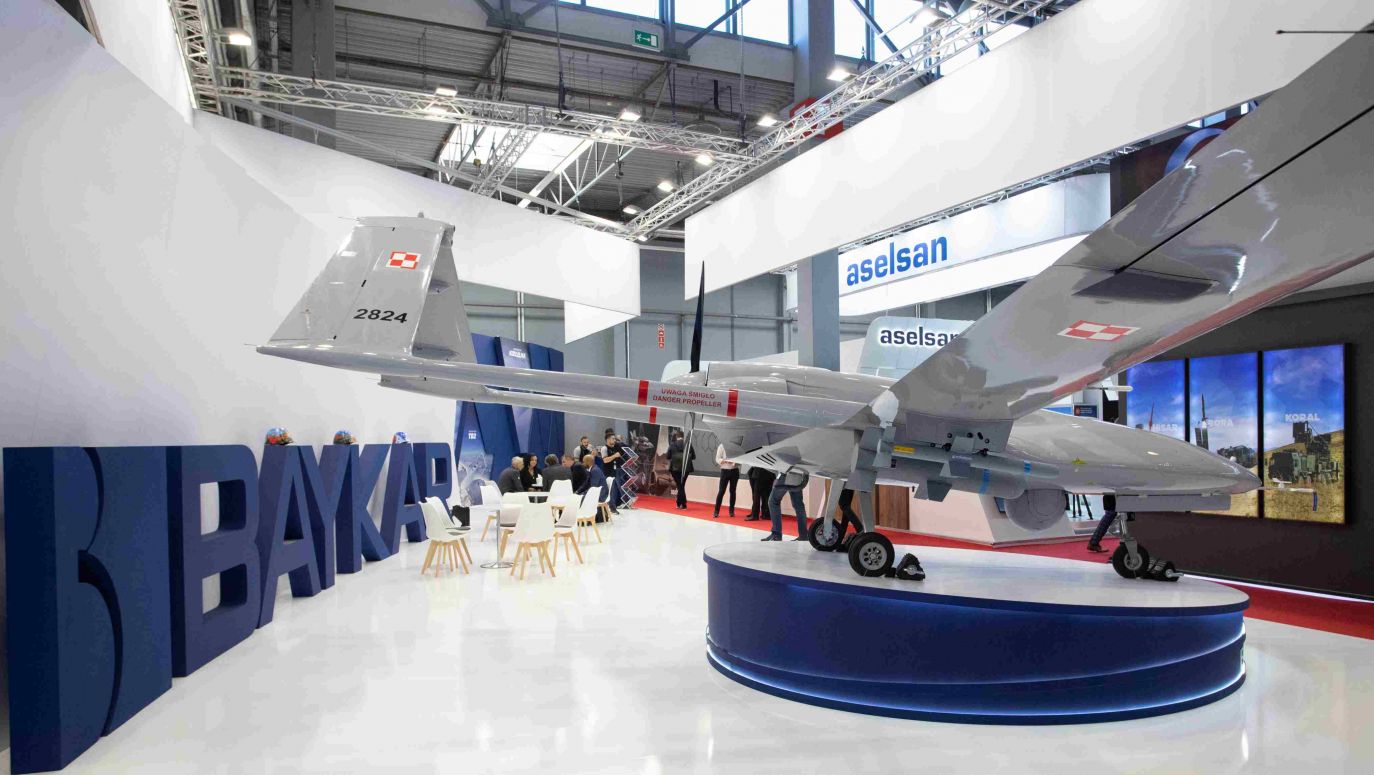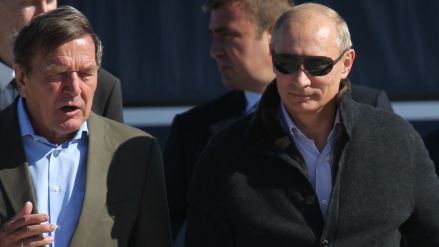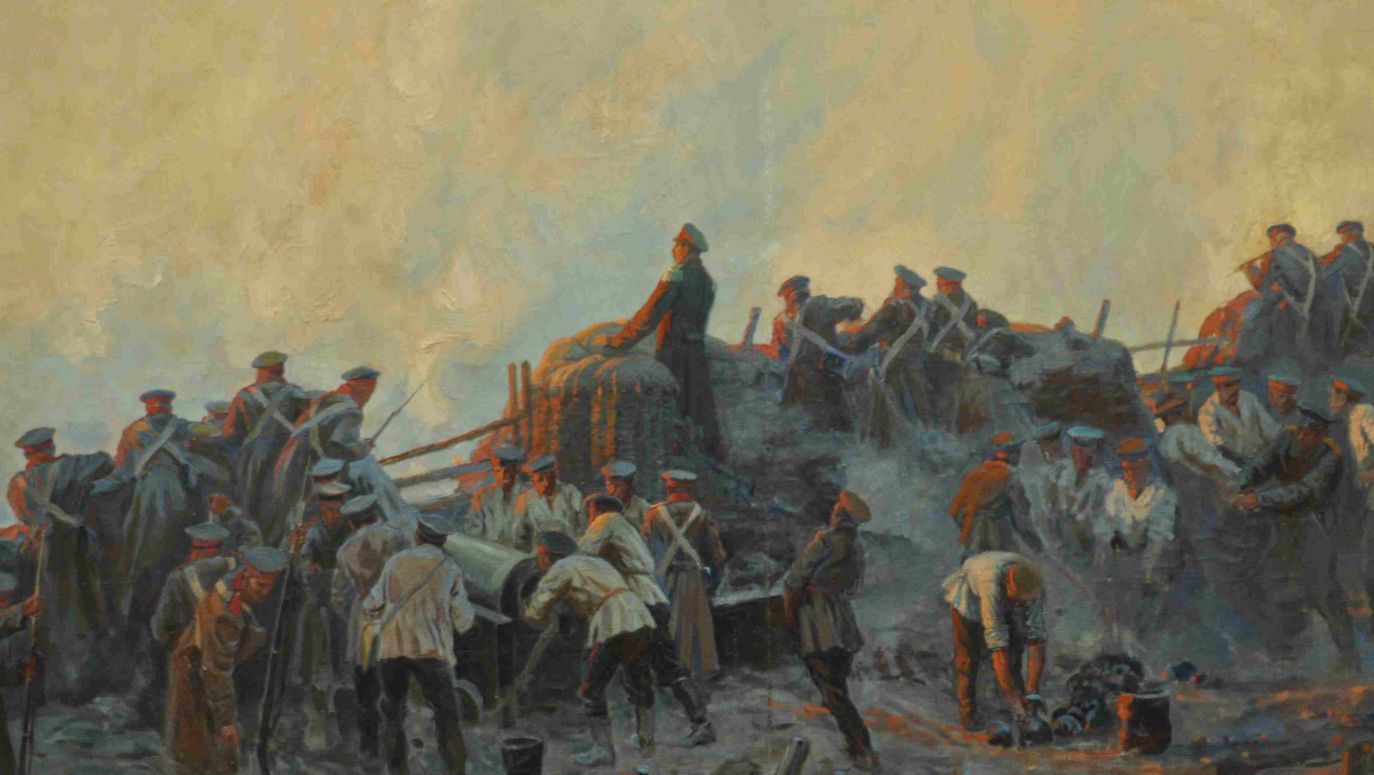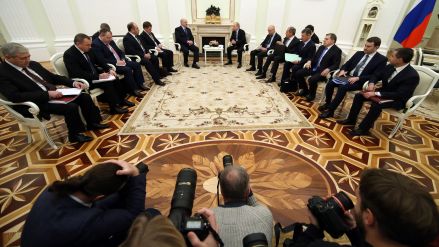TVP WEEKLY: When we talk about the idea of a bulwark of Eastern European countries protecting Europe from Russia, are you more a follower of Józef Piłsudski [the Polish statesman, viewed as a father of the Second Polish Republic founded in 1918], or are you closer to the vision created in Maisons-Laffitte [the suburban Paris centre of post-WWII emigrant Polish intellectual life, that was headed by the charismatic Polish intellectual Jerzy Giedroyć]?
Prof. Antoni Dudek: I am closer to the narrative of the "Kultura Paryska" [the leading Polish-émigré literary-political magazine "Culture", sometimes referred to as ‘Paris-based Culture’, published in Paris between 1947 and 2000 by Giedroyć]. We should note that back in the 1950s, Jerzy Giedroyć, regardless of how much criticism he was exposing himself to from the Polish emigrant community, was already saying that we had to come to terms with the loss of Vilnius and Lviv [both part of the territory of Poland before WWII]. Thanks to his pioneering work, demands reclaiming these territories were never to feature in any political program after 1989, not even those of the most extreme parties. I think that the ideas created in Maisons-Laffitte will guide the Witryna Domu Wschodniego [the Show-Window of the Eastern House]. We would like the Witryna to follow this course.
Surely this will raise some questions? For example how would such a discouse address the issue of Volhynia [the historic region located between south-eastern Poland, south-western Belarus, and western Ukraine, where massacres of Poles carried out by the Ukrainian Insurgent Army between 1943 and 1945 resulted in 50,000 to 100,000 deaths]?
Of course, erasing the Volhynia massacres in the name of Ukrainian-Polish reconciliation is out of the question. Nor can we expect Ukrainians to suddenly focus primarily on condemnation of the Volhynian crime. We need to understand what the Ukrainian Insurgent Army was in the history of this country. For contemporary Ukrainians, it represents pro-independence, anti-Soviet partisans in the main. Therefore, it is impossible today to build the entire narrative of the history of Polish-Ukrainian relations based on the events in Volhynia. Of course, they cannot be underestimated, but neither can they be taken out of context, forgetting about the realities of World War II, the national situation in the Second Polish Republic, the Polish-Ukrainian war in 1919 and the entire history of the Polish-Lithuanian Commonwealth.
If someone talks only about Volhynia, it suggests that they do not understand much about Polish history. It's as if we suddenly started talking about the history of Polish-American relations, focusing only on Theodore Roosevelt's betrayal of our interests in Yalta [the Yalta Conference held in 1945, the meeting of the heads of government of the US, the UK and the USSR to discuss the postwar reorganization of Europe that agreed to the recognition of the communist provisional government installed in Poland by Moscow], and constantly demanding an apology from the Americans for this decision. Personally, instead of such an apology, I would prefer to see even more American soldiers in Poland, guaranteeing our safety. However, the example you cited is important for another reason. It shows how historical emotions dominate our thinking about history and the present. We use too much heart and not enough brain. This has been our problem since time immemorial.
Your initiative to create the Witryna and the related fundraising activities are known as Professor Dudek's "intellectual Bayraktar". What will be the range of its operations?
 SIGN UP TO OUR PAGE
SIGN UP TO OUR PAGE 
Let's be clear from the very outset: I am not the one who came up with the original idea of the Witryna. The credit for that belongs to Zbigniew Gluza and Ośrodek Karta [The Karta Center Foundation Glaza founded], which is one of the most credible and meritorious non-governmental organizations in Poland dealing with historical memory. Located in Warsaw at 6 Konstytucja Square, the Witryna is to be an educational and analytical center dealing with the broadly understood eastern policy. It is there to assist all these people from the East who are trying to find their place in Poland, from the Caucasus, Ukraine and Belarus, but also Russians who disagree with Putin's actions.
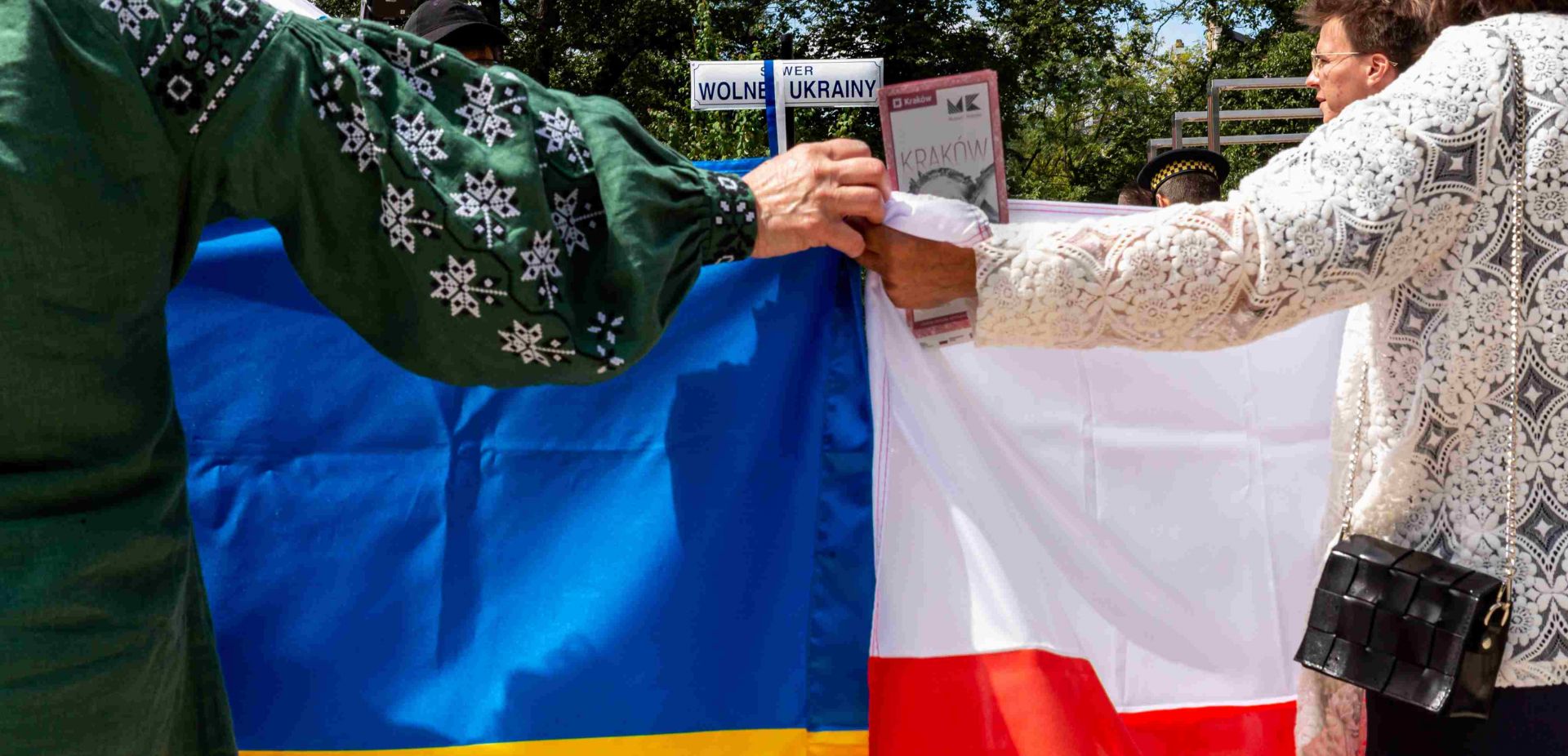
 SIGN UP TO OUR PAGE
SIGN UP TO OUR PAGE 
